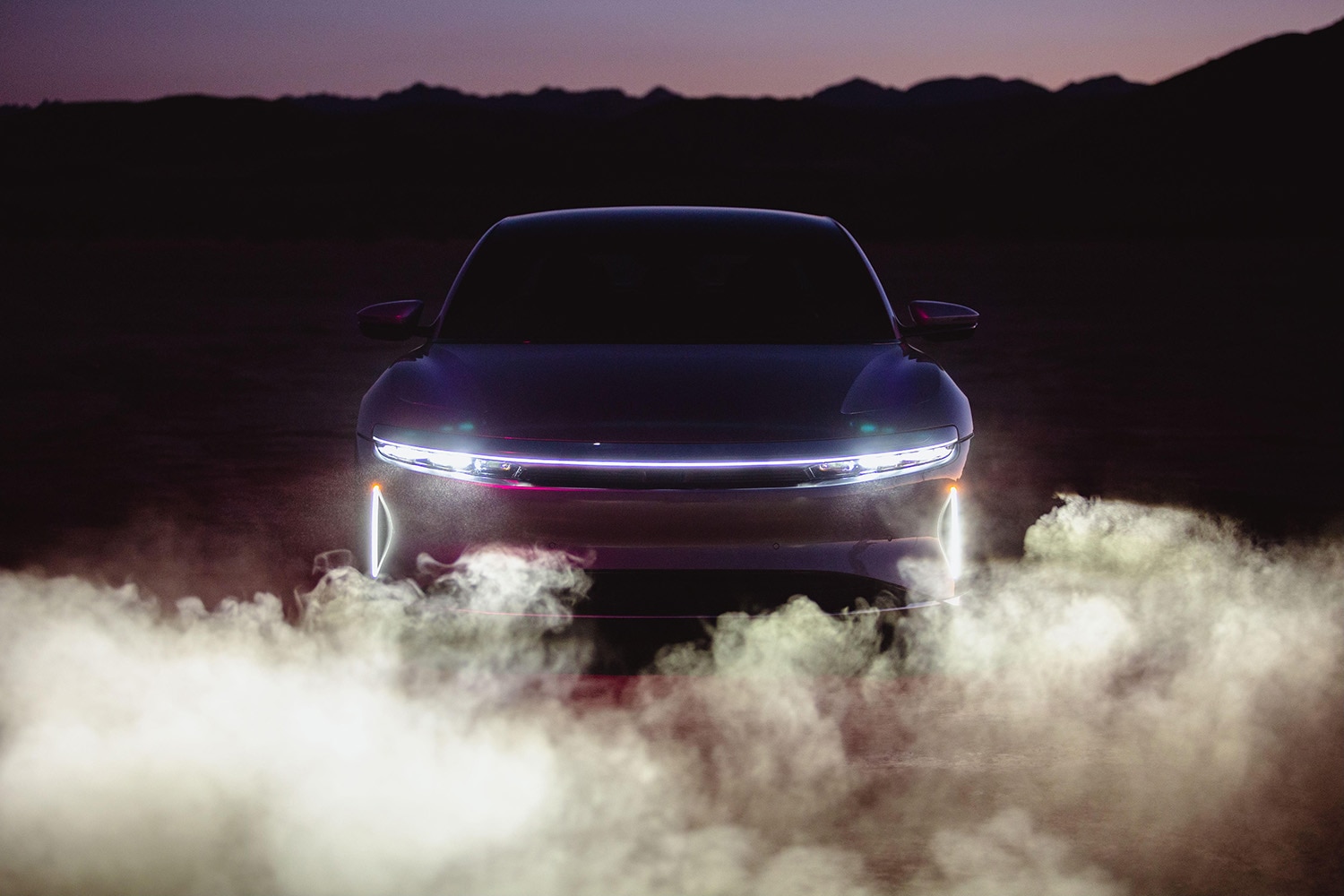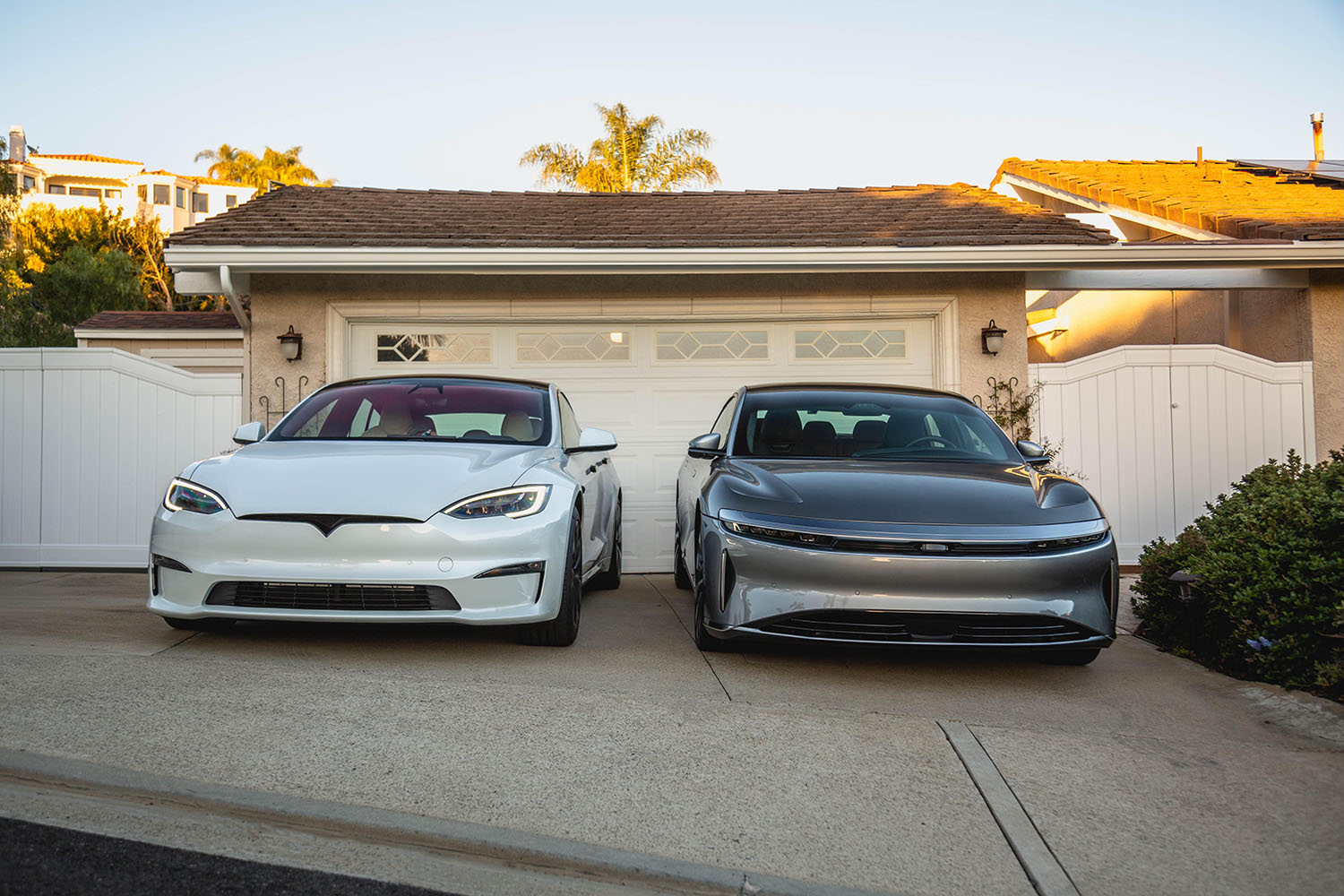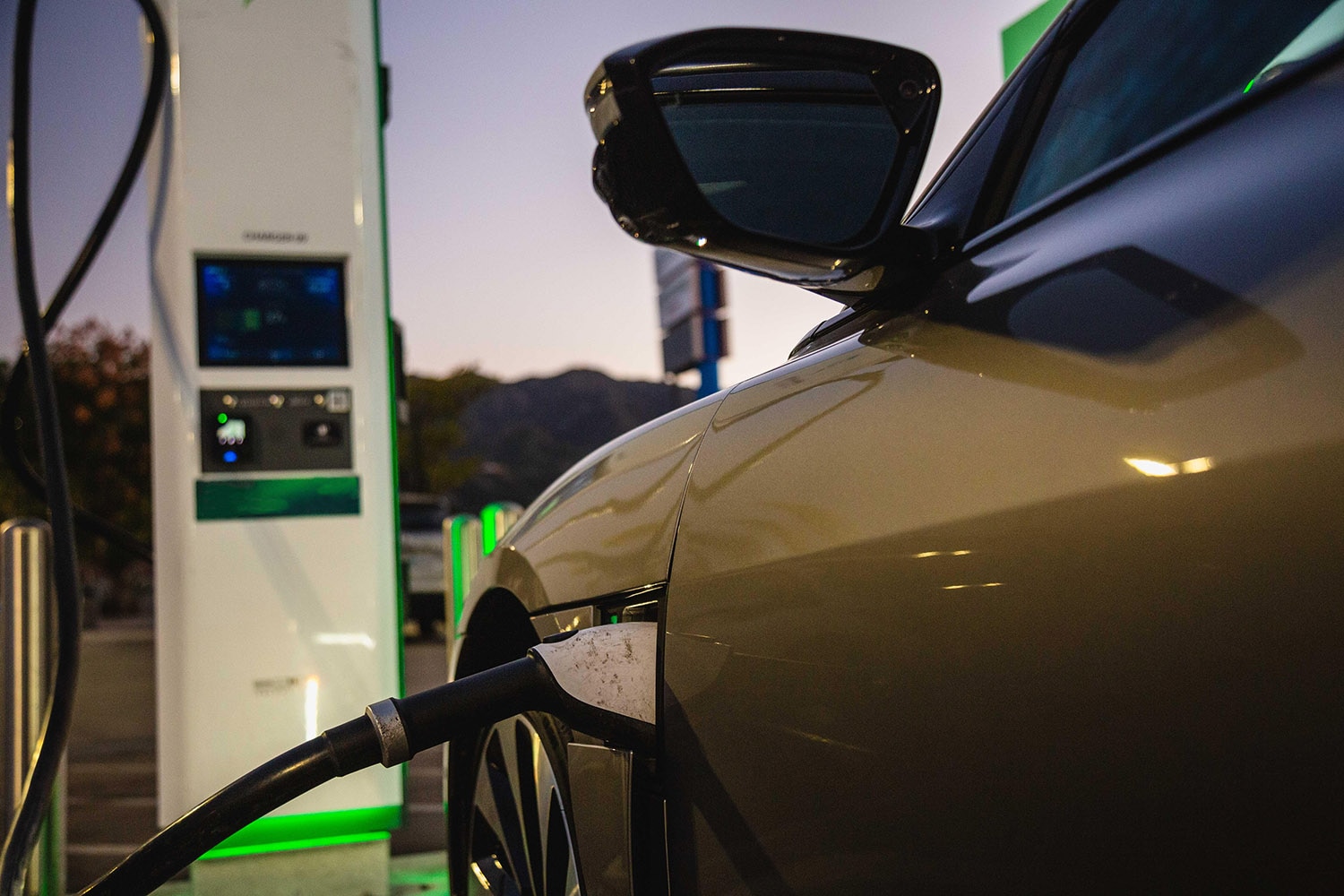What Is the True Cost of an Electric Car?
It can be important to consider the lifetime cost of electric cars and the benefits that come with ownership.
 Manuel Carrillo III | Capital One
Manuel Carrillo III | Capital One
Electric vehicle (EV) ownership is on the rise. With an anticipated
The overall long-term costs of owning an EV depend on a variety of factors, including maintenance, your personal driving habits, and your chosen vehicle. By breaking down the key costs and benefits of EVs, you can better decide whether an electric car is right for you.
 Manuel Carrillo III | Capital One
Manuel Carrillo III | Capital One
How Much Do Electric Cars Cost?
According to
If this price difference is a concern for you, it may be worth waiting to purchase your EV. Many EV auto manufacturers are starting to reduce their prices. Ford dropped the price of its Mustang Mach-E models by as much as $5,900 in 2023, while Tesla has made multiple price cuts this year alone on its Model 3. Federal EV incentives also offer the potential for you to reduce your purchasing costs, with the
Depending on your choice of EV, your initial spend could be relatively pricey. However, long-term ownership benefits may pay off over the lifetime of your car.
 Manuel Carrillo III | Capital One
Manuel Carrillo III | Capital One
Common Costs of EV Ownership
Beyond the initial price of buying an EV, there are other costs that factor into your vehicle's break-even value. Consider how charging, maintenance, and infrastructure may impact the long-term value of your electric car.
Electricity
In a direct comparison of similar electrically propelled and internal-combustion-engine (ICE) cars, the overall cost of electricity per year to operate an EV is less than current fuel costs for similar mileage. This is even true in Hawaii, the state with the highest average price per kilowatt-hour. Although electricity prices vary by state,
EVs also may be up to 100% efficient by recapturing lost energy through regenerative braking. Without factoring this energy recapture, "EVs are 60% to 73% efficient,"
Home Charging Ports
EV charging stations are available for public use across the country, with varying fees at each. But for those in search of more readily available charging options, a home charging port may be worth the investment. By installing a charging port, you can easily charge at home, reducing your need to locate a charging station on the go.
The average cost of a single-port Level 2 charging station runs about $500 to $700, with an average installation fee of $400 to $1,700, according to
Maintenance
Without the need for much of the routine maintenance required by ICE vehicles, such as oil changes, EVs have an operating cost advantage over their gas counterparts. However, you may want to factor what you might pay if you're in an accident in your EV.
In a study performed by claims analysts
Written by humans.
Edited by humans.
 Elliot Rieth
Elliot RiethBorn and raised in Michigan — the center of the American automotive industry — Elliot's fate of becoming a writer in the automotive space was seemingly predetermined. In addition to covering cars and personal finance for Capital One, he's worked directly with dealers and OEMs to create digital content meant to educate consumers. He's also passionate about music and has written for outlets like In Review Online. When he isn't writing about the latest financial, automotive, and insurance trends, he can be found enjoying a new book or record alongside his two greyhounds.
Related articles
View more related articles